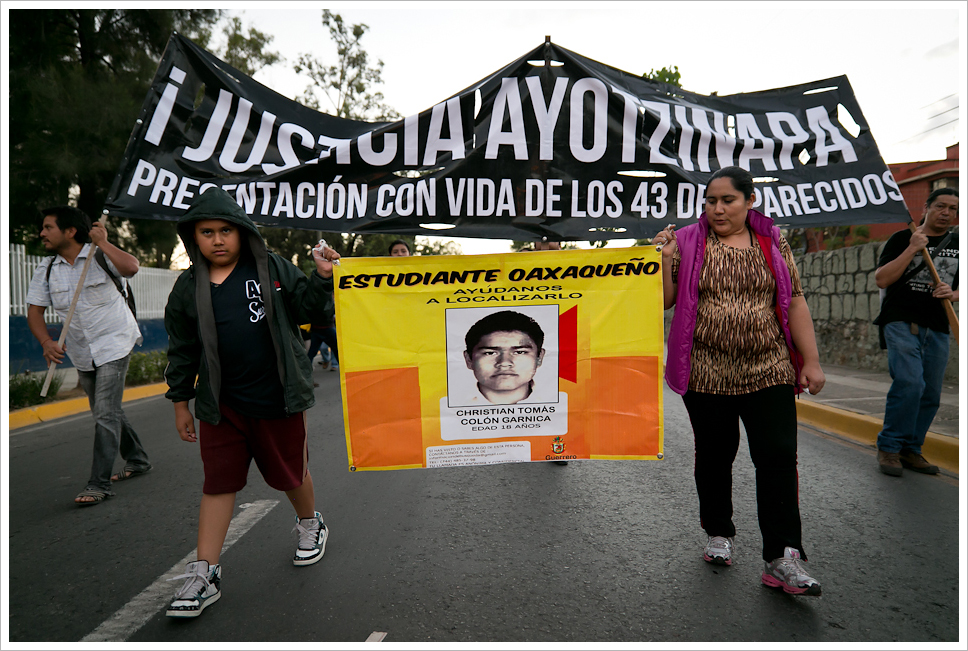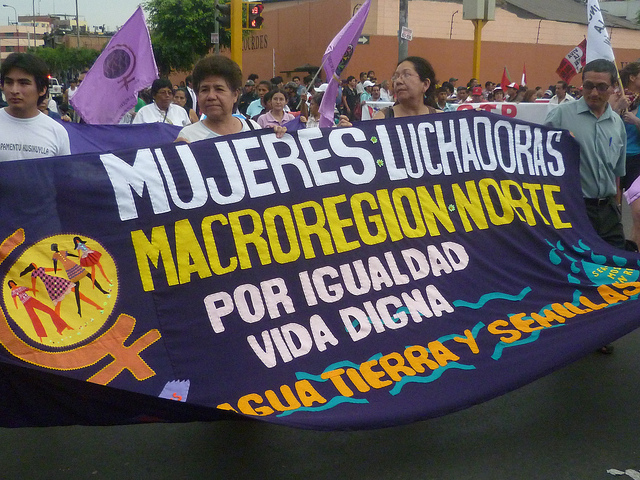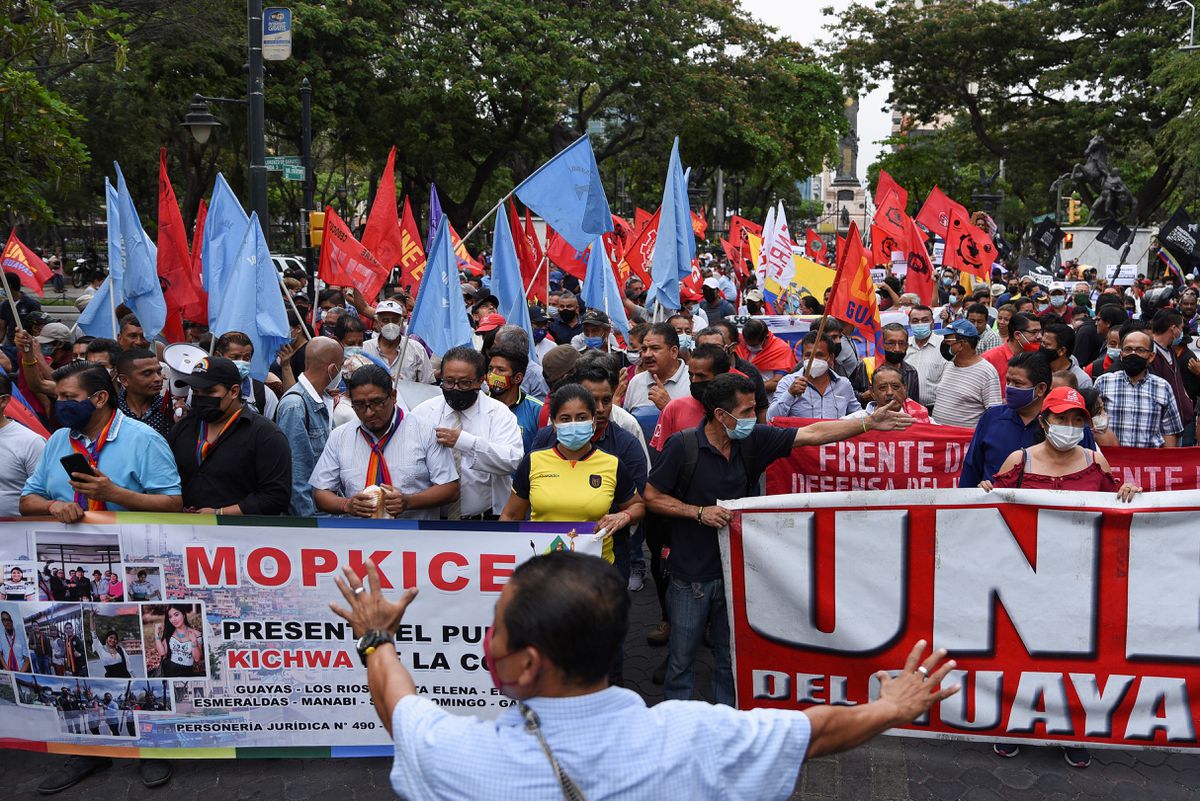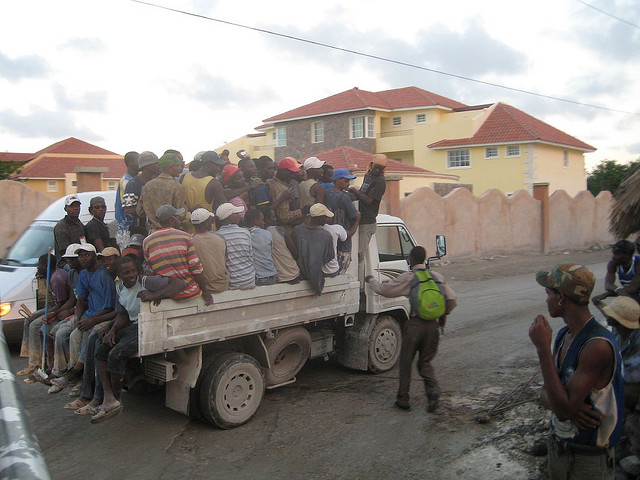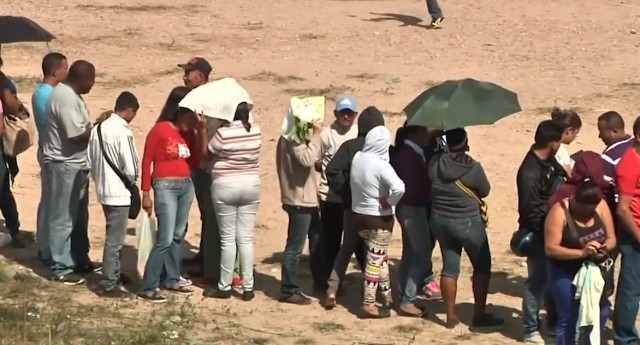
Blog, Latin America: Week in Review
Great Reads Round-Up: Jan. 26-Feb. 1
February 1, 2015 By Staff
Immigration Rules in Bahamas Sweep Up Haitians
Frances Robles. The New York Times. January 30, 2015.
Strict immigration laws in the Bahamas that require everyone to hold a passport have put people of Haitian descent at risk of deportation or detention. Even those born in the Bahamas but to Haitian parents are often unable to obtain a passport, because the paperwork requires tracking down both parents’ birth certificates. On Jan. 29 the Bahamian government took the new immigration policy even further, announcing that all schools will require every child to have a permit and passport with residency stamp. The Bahamas is not an isolated case, and people of Haitian descent have been disproportionately affected by similar anti-immigration measures in the Dominican Republic and Turks and Caicos.
Oil Cash Waning, Venezuelan Shelves Lie Bare
William Neuman. The New York Times. January 29, 2015.
Shortages in Venezuela are common, but the as the price of oil has plunged, shortages have become unbearable. The New York Times reports on how troops are patrolling lines in grocery stores, hospitals are short on medical supplies and President Nicolás Maduro responds “God will provide” when talking about the country’s difficult situation.
Teenage Girls in Argentina — Invisible Victims of Femicide
Fabiana Frayssinet. Inter Press Service News Agency. January 28, 2015.
Independent investigations in Argentina have pointed to a large number of gender-motivated killings in the country — a phenomenon known as femicide. By some counts there were 1,236 gender-related murders of women between 2008 and 2013, the equivalent of a femicide every 35 hours. Though there has also been some legislative progress made in toughening penalties for gender violence, myriad obstacles still exist.
Colombia’s Palm Oil Boom Has Its Roots in Civil Conflict
Nick Miroff. The Washington Post. January 26, 2015.
Colombia has become the fourth-largest producer of palm oil in the world. Though an economic boon to some, much of the land used for the oil’s production is located in areas where significant paramilitary violence has occurred, and where displaced many peasants are now reclaiming their land. Washington Post journalist Nick Miroff explains the violent disputes and displacements in the Mapiripán region, where a Spanish-Italian company owns some 14,000 hectares for palm oil production.
Image: YouTube
